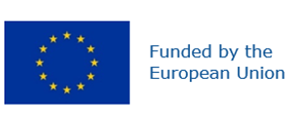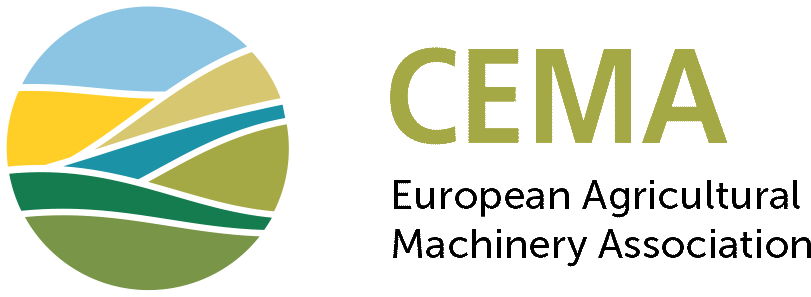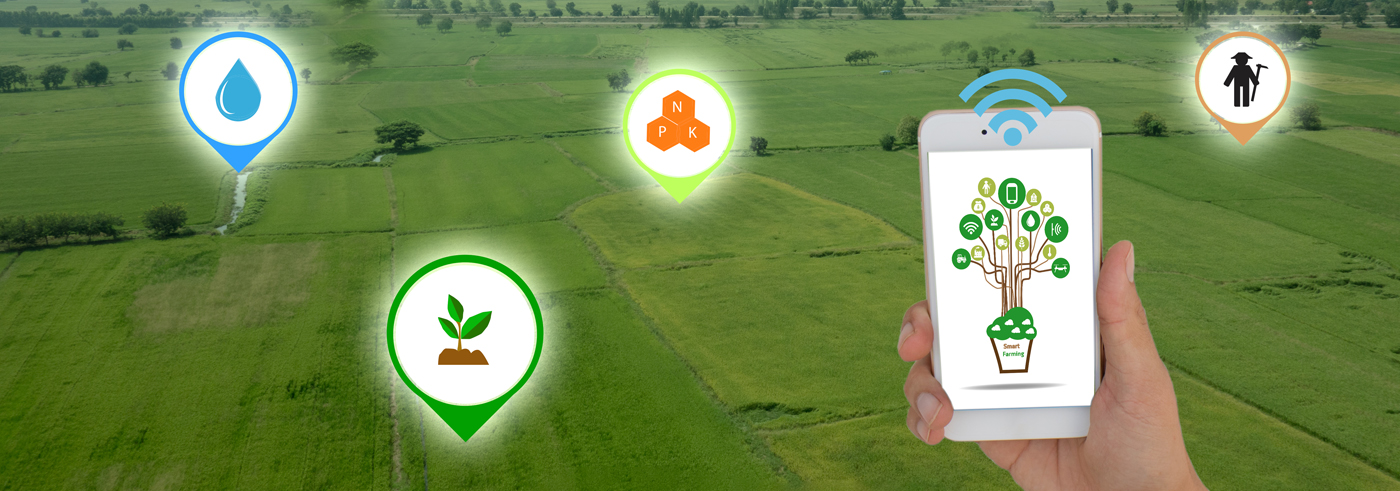
Assessing the impact of digital technology solutions in agriculture in real-life conditions
Start date: 1 July 2022
End date: 31 December 2025
In a nutshell:
The QuantiFarm project focusses on supporting the further deployment of digital technologies in agriculture (DATs) as key enablers for enhancing the sustainability (economic, environmental, social) performance and competitiveness of the agricultural sector. It will achieve this by establishing a framework for assessing the impact and effectiveness of DATs in agriculture and developing innovative tools, services, and recommendations for farmers, advisors, and policymakers. Following a multi-actor approach, QuantiFarm will build the project activities around 30 Test Cases (TCs) which span over 20 countries in 10 (of the 11) Biogeographical regions across Europe, capturing multiple geo-political and financial settings. All 30 TCs take place in commercial farms of different types, sizes, ownership, and operating conditions from 7 agricultural sectors. Different aspects of these TCs will be examined in the context of different work packages (WPs). The TCs’ actors will be engaged in participatory observation activities to offer valuable input and actively support the behavioral analysis (WP1), the establishment of the Assessment Framework (WP2), and the co-design of an innovative Toolkit for farmers, advisors, and policymakers (WP3). The lean multi-actor approach will be used in the testing activities to evaluate the QuantiFarm Toolkit and validate the Assessment Framework by testing the various DATs in real-life conditions, across 3 iterations/ growing seasons (WP4). The outcomes will be transformed into policy recommendations (WP5) and will feed the QuantiFarm DIA that will help build the capacities of farmers’ advisors in DATs. Finally, a WP on dissemination, ecosystem building, and exploitation (WP6), will guarantee the wider dissemination and knowledge transfer in a multi-actor context of the outputs of the project. QuantiFarm includes 32 partners, 12 of them representing farmers and advisors.
QuantiFarm specific objectives:
- Establish a network of AKIS actors and commercial farms that are representative of the various settings and conditions across the EU and use them as Test Cases to assess DATs under real conditions;
- Engage the actors in participatory research activities to conduct a thorough analysis of farmers’ motivations in terms of the uptake of DATs
- Design a Framework for assessing the costs, benefits, and sustainability impacts of the different DATs, both at individual production steps and at a “whole-farm approach”;
- Provide a qualitative and quantitative assessment of the costs, benefits, and economic, environmental & social sustainability and impacts of each DAT tested in the TCs, using the Assessment Framework;
- Create a Digital Toolkit for Farmers, Advisors, and Policy Makers, to provide access to the assessment results and support decision-making across all of Europe (WP3);
- Provide capacity building for advisors delivered through the QuantiFarm Digital Innovation Academy (DIA) and design innovative advisory services for farmers, to support the selection and use of DATs to enhance sustainability performance and competitiveness in agriculture;
- Support Policy Makers by delivering a) a set of policy recommendations on how to maximize the uptake and positive impact of DATs in agriculture and b) a Tool for the independent monitoring of the impact of DATs in agriculture and the evaluation of the related policy measures and their implementation.
CEMA’s role:
In WP1 (Behavioural Interventions and Stakeholder Engagement) CEMA will support the analyses of DAT adoption on farming practices to gain a thorough understanding of who, whether, how, when, and where digital technology interacts with farming practices focusing also on stakeholder engagement for digital technology adoption.
WP2 (Assessment Framework), focuses on maximizing the understanding of the economic, environmental and social impact of DATs in agriculture and definning an appropriate Assessment Framework and the needed techniques and mechanisms to assess the costs, benefits, and impact on the sustainability of DATs in different contexts of EU agriculture, CEMA will support assessment framework development and validation, as well as governance mechanisms for independent assessment of DATs, taking into account brand neutrality.
In WP3 (Digital Tools for Farmers, Advisors, and Policy Makers) CEMA will support the development of QuantiFarm Toolkit Web Platform which will provide controlled access to data, tools, and outcomes. Each user type (farmer, advisor, policy maker) will have an adaptable dashboard with dedicated visualization tools, and an opportunity to create a user profile associated with parameters such as crop types, DATS of interest, geophysical region, age, gender, etc. which can be used to influence the rankings of the advisory services. The platform will support queries generating intuitive visual reports based on the outputs of the different tools, including ranked inventories of DATs, detailed descriptions, and evaluations conformant with the constraints of the specific user. The policy dashboard will allow for tables and charts to be generated with selected KPIs out of a set of chart catalogs and transformation, aggregation, and correlation operators.
In WP5 (Policy Making and Capacity Building) CEMA will be involved in the creation of Policy Recommendations for Sustainability and Competitiveness.
In WP6 (Communication, Community Building & Exploitation) CEMA will use its network to communicate and disseminate project activities and results, focusing on community building and event outreach.
Check more on this unique project and follow QuantiFarm on social networks:
https:// https://quantifarm.eu//

Funded by the European Union in the frame of Horizon Europe research and innovation programme under grant agreement No. 101059700. Views and opinions expressed are however those of the author(s) only and do not necessarily reflect those of the European Union or European Research Executive Agency (REA) as granting authority under the powers delegated by the European Commission. Neither the European Union nor the granting authority can be held responsible for them.







